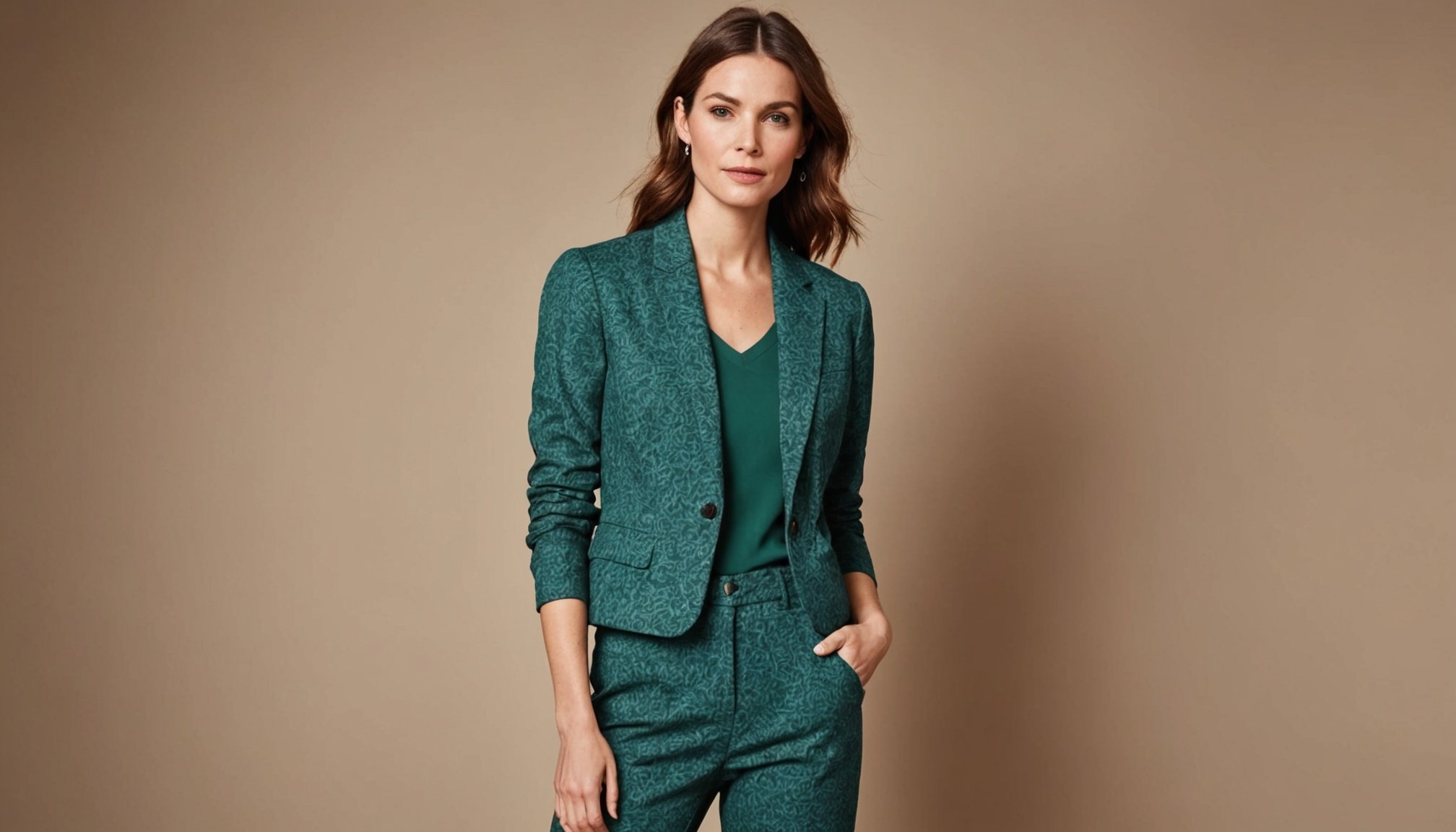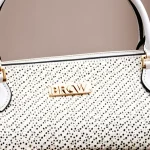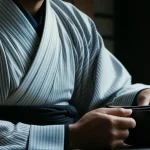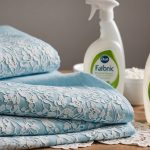Overview of Eco-Friendly Fabrics in Women’s Fashion
The rise of eco-friendly fabrics marks a pivotal shift in women’s fashion towards sustainability. Eco-friendly fabrics are materials produced with minimal impact on the environment, prioritising renewable resources, and employing ethical practices. Traditionally, fashion has faced criticism for its environmental impact, but a growing focus on sustainable fashion is driving change. This transition emphasises creating clothing that respects both the planet and its people.
Modern eco-friendly materials boast key characteristics that define their sustainability. These include the use of recycled fibres, non-toxic dyes, and water-efficient processes, resulting in a reduced carbon footprint. Notably, fabrics such as TENCEL, made from sustainably sourced wood pulp, and organic cotton, cultivated without harmful pesticides, exemplify this shift. Such materials not only lessen the ecological impact but also enhance garment quality and consumer appeal.
This might interest you : Essential Botanicals to Cultivate in Your Ultimate UK DIY Skincare Garden
As the industry adopts sustainable practices, women’s clothing trends are evolving. Designers are increasingly incorporating these fabrics into their lines, aligning aesthetics with ethical priorities. This movement represents a harmonious blend of style and sustainability, signalling a promising future for eco-conscious consumers seeking fashionable yet responsible choices.
Innovative Eco-Friendly Fabrics Transforming Trends
In the realm of sustainable textiles, innovative materials like hemp, TENCEL, and organic cotton are paving the way for fashion advancements. These eco-friendly fabrics not only meet the demand for sustainability but also innovate in terms of style and performance. Hemp, known for its durability and minimal environmental impact, efficiently regenerates soil health. TENCEL, derived from sustainably sourced wood pulp, offers a silky texture, superior moisture-wicking properties, and biodegradability, making it a prime choice for high-performance garments.
In parallel : Embrace Formal Elegance: Stylish Maxi Skirt Ideas for Classy Occasions
When comparing these materials to traditional fabric counterparts, the ecological benefits are clear. Conventional fabrics often require intensive resource use and harsh chemicals. In contrast, eco-friendly alternatives employ non-toxic dyes and water-efficient processes, resulting in a reduced carbon footprint.
The shift in trends reflects a growing integration of these materials in modern fashion designs. Designers are creatively leveraging their unique qualities—such as hemp’s robust texture and TENCEL’s drape—to develop garments that marry style with sustainability. This innovation not only transforms product lines but also fuels a wider cultural movement towards responsible fashion choices, ensuring a more sustainable future for fashion.
Spotlight on Brands Leading the Change
The rise of sustainable brands is transforming the landscape of ethical fashion, especially in the UK. These trailblazers are setting new standards by integrating eco-friendly fabrics into their collections, proving that responsible fashion can still be desirable.
Case Study: Emerging UK Designers
Emerging designers are at the forefront of this movement, expertly weaving sustainability into their ethos. Their work often embraces inventive materials, pushing boundaries to demonstrate that style need not compromise the environment.
Established Brands Embracing Sustainability
Many established brands are also actively shifting towards sustainable practices, embedding eco-friendly fabrics such as TENCEL and organic cotton into their lines. This shift not only appeals to the environmentally conscious consumer but also establishes these brands as leaders in ethical fashion.
Collaborations Promoting Eco-Friendly Practices
Collaborations between brands and innovative designers are gaining momentum, fostering more widespread adoption of eco-friendly materials. Through these partnerships, the fashion industry is introduced to fresh ideas, propelling the sector toward holistic sustainable fashion practices. These collaborative efforts are crucial in driving change and popularising eco-friendly trends internationally.
Environmental Impact of Eco-Friendly Fabrics
Embracing eco-conscious fashion offers numerous environmental benefits. Primarily, choosing eco-friendly fabrics reduces the industry’s carbon footprint. These fabrics utilise renewable resources, such as recyclables or naturally cultivated fibres, which significantly lessen greenhouse gas emissions compared to conventional materials.
In analyzing sustainable impact, lifecycle assessments play a pivotal role. These evaluations assess the overall environmental performance of fabrics from production to disposal. By understanding the full lifecycle, manufacturers and consumers can make informed, sustainable choices.
Fabric processing greatly influences sustainability. Eco-friendly materials often benefit from processes that conserve water and eliminate toxic chemicals, unlike traditional methods. For instance, non-toxic dyes minimise harmful runoff, protecting water resources and biodiversity.
Sourcing sustainable fabrics contributes to reduced land use and improved soil health, fostering a positive ecological footprint. For example, hemp regenerates soil quality, allowing for repeated cultivation without straining the environment.
Ultimately, the adoption of eco-friendly fabrics signals a commitment to reducing environmental harm. This shift supports a broader movement towards conscious living, where the fashion industry prioritises ethical and sustainable practices for a more resilient planet.
Consumer Choices and Sustainable Fashion Tips
Navigating the world of ethical shopping requires awareness and dedication to green fashion. An essential first step for consumers is to educate themselves on identifying eco-friendly fabrics. Look for certifications such as Fair Trade, GOTS (Global Organic Textile Standard), and OEKO-TEX, which indicate sustainable choices. These labels assure buyers that fabrics are responsibly sourced and free from harmful substances.
To effectively support sustainable practices, consider making informed purchasing decisions. Prioritise quality over quantity to ensure longevity in your wardrobe. Investing in durable, timeless pieces reduces the need for frequent replacements, which can drive waste and carbon emissions.
Opt for brands with transparent supply chains, showcasing their commitment to sustainable fashion. Engage with brands by asking about their eco-friendly initiatives, and choose those actively working towards sustainability goals.
Above all, embrace mindful consumption. Thoughtful shopping habits can significantly curtail waste. Consider thrifting or swapping clothes instead of always buying new. Repairing damaged clothing instead of discarding can also prolong its life, thus promoting a more ethical fashion cycle that aligns with personal and environmental values.
Future of Eco-Friendly Fabrics and Fashion Trends
As the fashion industry shifts towards sustainability, the future trends in eco-friendly fabrics promise innovations that merge style with environmental stewardship. Emerging materials like lab-grown leather and bio-fabricated textiles, once niche, are expected to rise, driven by technological advancements and consumer demand for greener options.
With a focus on fashion sustainability, designers are anticipated to explore the limitless potential of emerging materials. For instance, algae-based fabrics and mycelium leather offer biodegradable options that significantly reduce the carbon footprint of production processes. Such developments support a circular fashion model aimed at minimizing waste.
Consumer preferences play a pivotal role in shaping the future of women’s fashion in the UK. As awareness grows, demand for transparency, ethical sourcing, and durability continues to influence new collections. This holistic approach not only encourages innovation but also ensures sustainable practices remain integral to fashion advancements.
In the coming years, expect more collaborations between technology and design, leading to cutting-edge eco-friendly fabrics that redefine what sustainability means in fashion. This ongoing evolution heralds a promising era where ethical elegance becomes the norm.











